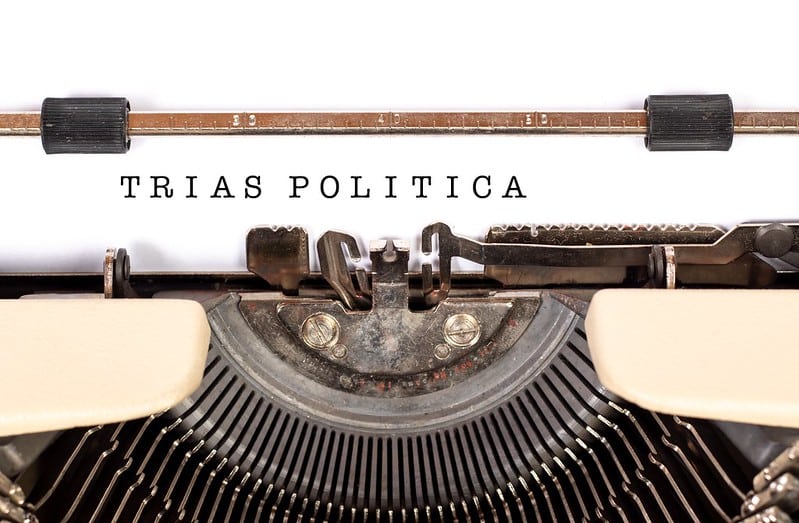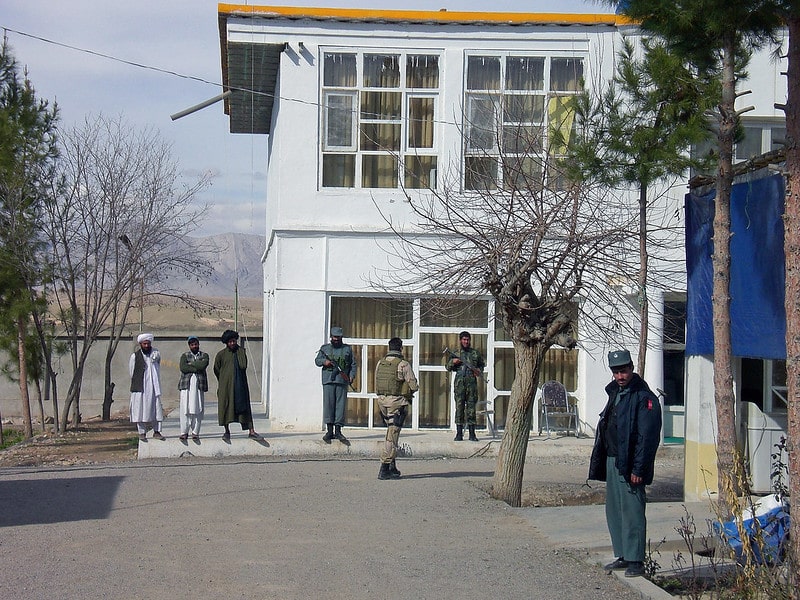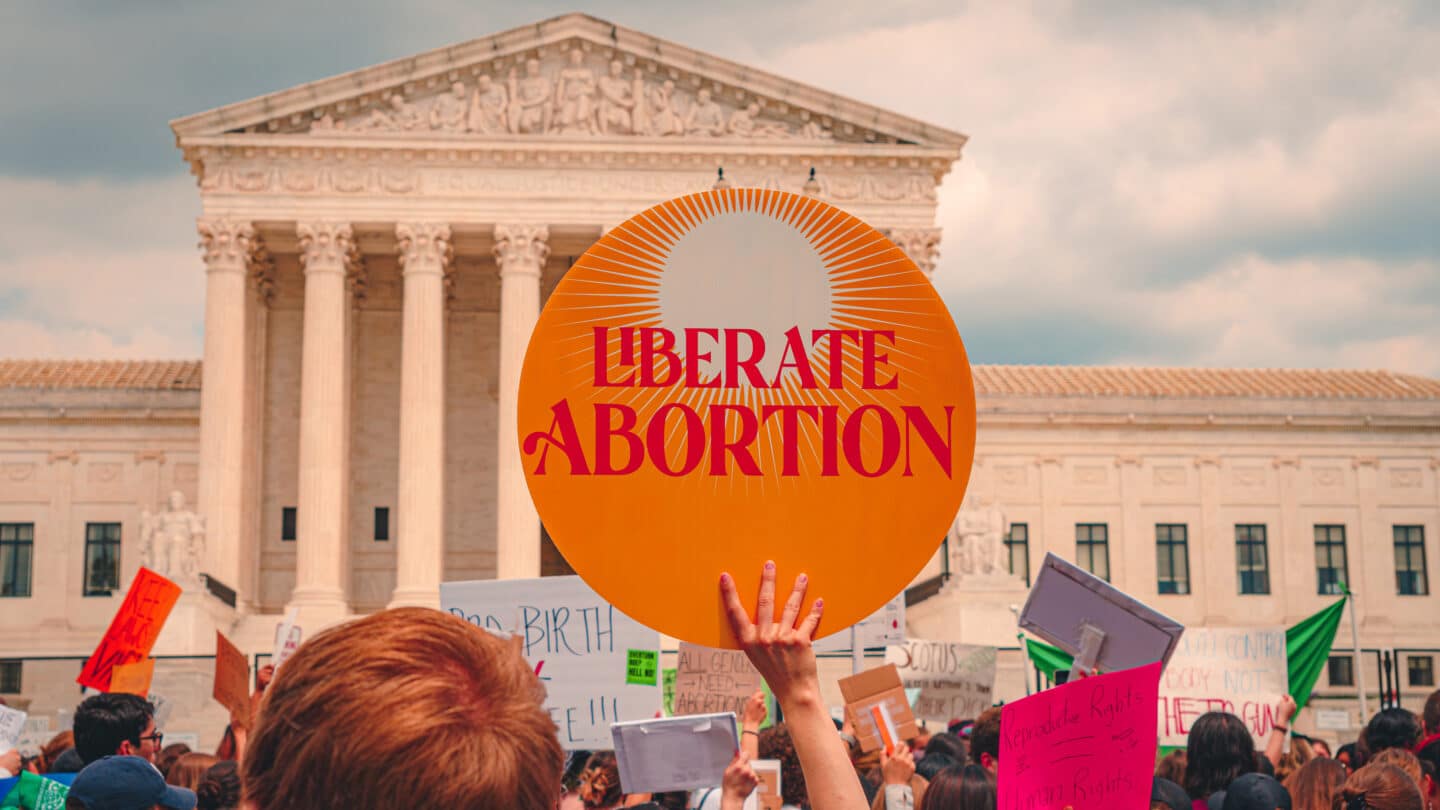It seems that EU and its neighbours should not quarantine democracy for too long, as the Hungarian parliament passed the coronavirus law on 30 March. A controversial law designed to deal with the corona crisis. This law has no end date for the state of emergency. Prime Minister Orban received a blank check as a result. Based on this law, Orban gains a lot of power. Áll existing laws in Hungary can currently be temporarily set aside or ignored at his discretion. In addition, the Orban government can decide how long the state of emergency should remain in force. As a result, elections and referendums are not possible while the state of emergency continues. The 'Orban law' also poses a risk to journalists as they are accused of spreading 'fake news'. This puts freedom of expression at risk. Serbia and Montenegro also seem to be exploiting the corona crisis to curb media freedom. This poses a major problem for democratic rule of law and freedoms.
From state of emergency to curbing democratic values and freedoms
The state of emergency in many countries has also quarantined democracy, with parliaments physically meeting only for necessary debates, mostly on the corona crisis and the economy. In addition, court cases are of necessity at a standstill and classical 'separation of powers' forgotten. The legislature and the judiciary are being sidelined, so to speak. The state of emergency is also being abused by some government leaders in the Western Balkans to flex their muscles and increase their power. It seems that the public interest does not matter for a while. This also poses a problem in disseminating relevant and crucial information about the coronavirus.
For instance, the Serbian government has greatly curtailed the provision of information about the coronavirus. A 'crisis council' has been set up whose task is to disseminate necessary information. This measure runs counter to the freedom of expression of journalists, among others. On 1 April, Ana Lalic a Serbian journalist from Novi Sad arrested because she reported on the deplorable state of hospitals in Serbia. This did not go down well with President Aleksandar Vučići. The latter, incidentally, is accused of announcing the state of emergency without any constitutional basis.
Alarming reports are also coming out of Montenegro. Strict action has been taken against the spread of 'fake news' since the outbreak began. People are being falsely accused of this and arrested. This has led to as many as 60 Montenegrins being arrested in a single day at its peak. The government has also opened an official website that constantly discloses personal details of corona patients. This violates the privacy of many Montenegrins. In addition, the government has sidelined parliament by adopting decisions without consulting them.
In Albania, northern Macedonia and Kosovo, things do not seem to be too bad for the time being. So far, no radical and controversial measures have been taken. This may be explained by the fact that Albania and northern Macedonia have only recently been given the green light for EU accession negotiations. They obviously do not want to go into the fog already, like Serbia and Montenegro, which have been candidate countries for some time and are now more sceptical about the slow process of accession.
Post-quarantine democracy
But what will democracy in the Western Balkans look like after the quarantine? Indeed, the fear is that democracy will be severely damaged. Due to shorter decision-making procedures and the lack of checks-and-balances there remains room for corruption. Many countries in south-eastern Europe face corruption so far. This can lead to financial resources to combat the corona crisis, which are desperately needed, not ending up in the right places. In addition, abuse of power may pose a major problem for democratic and judicial reforms in the Western Balkans, for instance. Partly because of Orban, the attitude of countries in south-eastern Europe towards the EU may change because people believe that the EU does not attach sanctions to violating its democratic values.
It remains guesswork at the moment, as will more countries follow in Orban's footsteps? And what do other member states think about this? Currently, many EU countries are mostly concerned with themselves. However, European Commission President Ursula von der Leyen did give EU member states warned "so as not to harm fundamental rights and democratic values in the fight against the corona crisis". Unfortunately, a direct response towards Hungary and 'future member states' failed to materialise. But her statement can be seen as a warning to Hungary and the Western Balkans.
By: Remy van Aanholt, Junior Project Manager FMS
Photo: Flickr





